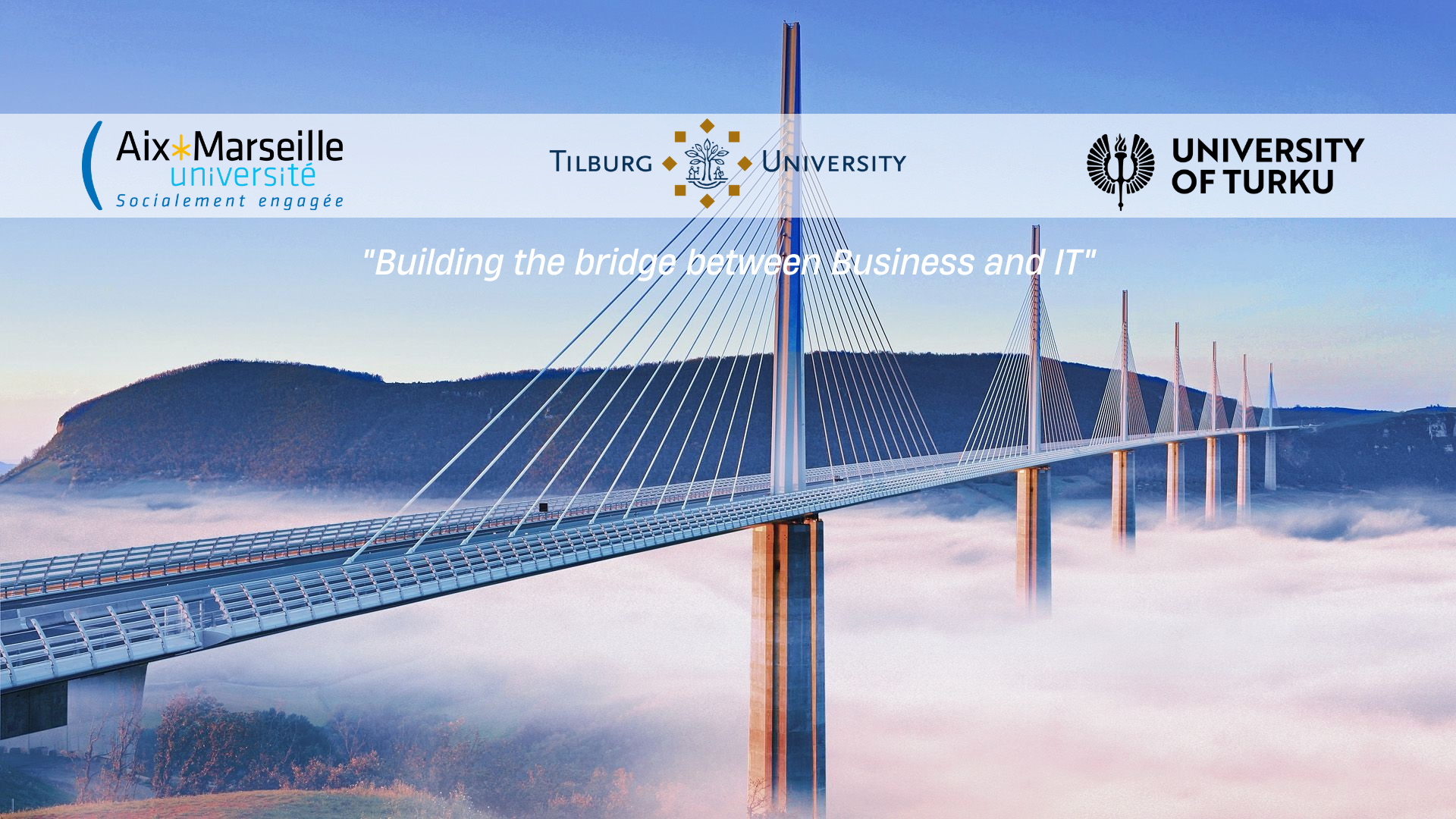Abstract:
The financial audit (FA) process, traditionally based on manual procedures and reliant on professional judgment, faces challenges in the era of digitalization, due to the requirement of analyzing large volumes of complex data. This thesis investigates how deep learning (DL) can address challenges in the FA process, particularly focusing on large data volumes, manual procedures, and the subjectivity of professional judgment. Using the Task-Technology Fit (TTF) theory as a guiding framework, the study explores DL’s potential through a comprehensive research approach.
Through 13 EY expert interviews across various global locations, and a qualitative survey, the research identifies key challenges in current FA practices, and shows a fit with DL applications. DL shows promise in addressing these issues by automating tasks, managing data complexity and large data volumes, and providing auditors with data-driven recommendation.
Findings reveal that DL’s capabilities in natural language processing (NLP), computer vision, anomaly detection, recommendation systems, and big data analytics can address the identified FA challenges. Additionally, DL models are suggested for alleviating each challenge.
This study not only validates existing DL applications, but also introduces up to date FA
challenges. This thesis provides a solid foundation for future research and practical applications in the field of financial auditing. The implications of these findings suggest that adopting DL can lead to more efficient and accurate FA processes.
